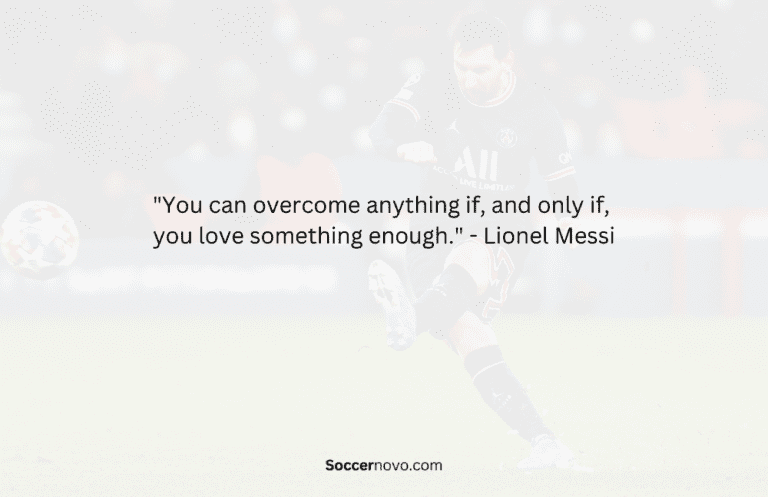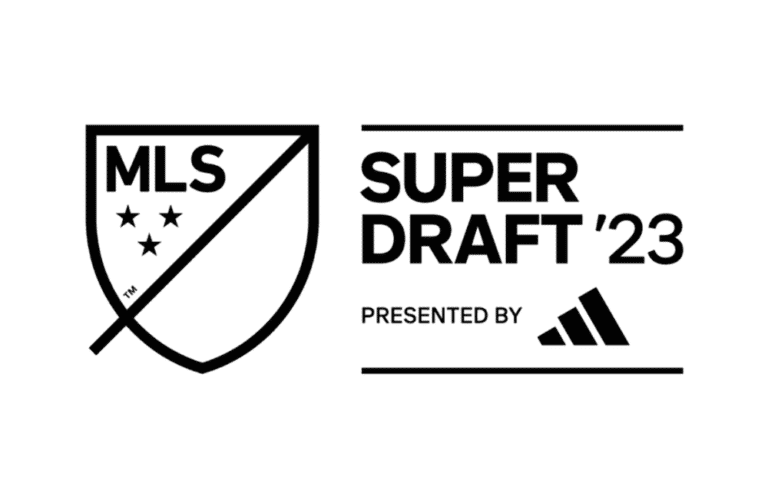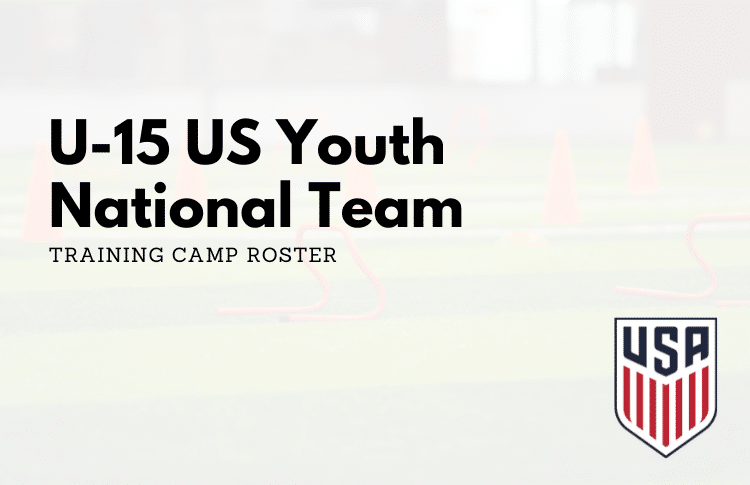About Messi Growth Hormone Deficiency
Lionel Messi has quickly become a household name among soccer fans. Now playing in the U.S., he has made the game more popular here.
Key Takeaways From This Article:
- Messi has a growth hormone deficiency and took human growth hormone (HGH) injections for it.
- It is a very expensive treatment but FC Barcelona took a gamble to pay for it. That paid off for them.
- The HGH treatment that Messi took is completely legal and many kids around the world use it to treat improve their underdeveloped size.
From his natural soccer skills to his knack for winning games and his Adidas endorsements, there’s not much Messi hasn’t accomplished thus far! He’s literally one of the greatest athletes of our generation. To top it off, he won his first World Cup for Argentina in 2022!
But, with his history, it begs the question…did he do it fairly? This is what we’ll discuss in this article!
Messi’s Growth Hormone Deficiency

At around age 11, Lionel Messi’s parents started noticing that their little child was just that, he was much smaller than the other kids his age.
After extensive medical testing, doctors found out that young Messi was suffering from Growth hormone deficiency (GHD), which is the reason why he was not growing at the same rate as his classmates.
What is growth hormone deficiency? Growth hormone deficiency is a condition in which the body doesn’t produce enough growth hormones. This is important for consistent growth and development in children. Growth hormone is produced by the pituitary gland and is necessary for “normal growth” and development of the muscles and bones. GHD can result in delayed growth and small stature as children progress to peak height.
GHD affects about one in 4,000 children.
The only treatment for GHD is human growth hormone injections, which are done every day until a person naturally stops growing. This can be anywhere from 13 to 18 years old.
Messi was just 13 when he started his treatment.
To make things worse, the Messi household was among the lower middle class, so they could not afford the treatment.
Note: In the U.S., some insurance companies will cover the treatment if a child qualifies. The child will need to undergo bone tests and blood work to qualify. If they don’t qualify, out-of-pocket treatment can be very expensive ($15,000-$40,000 per year).

We actually explored this for my son (third from the right in the pic above) who has been undersized his entire life. They did blood work and took scans of the wrist to determine if he was on a path for the expected height. Unfortunately and fortunately, he did not qualify at the time but we have to go in twice a year to see what kind of path he is on. He’s 14 now and starting to catch up to kids so most likely he is just two years delayed.
FC Barcelona to the Rescue
Professional European football clubs routinely scout for fresh talent, even from other continents.
It was a good thing that Lionel Messi, even as a young athlete who is below average height, was very skillful on the pitch. A lot of clubs expressed their interest in signing the young Messi to play for them once he reached legal age.
However, of all the teams, only FC Barcelona offered to sponsor the young player’s HGH treatments. This was huge for the Messi family and a big risk for the club to take.
After getting confirmation of FC Barcelona’s offer on the back of a napkin, the entire Messi family left their home in Argentina and moved to Spain.
This was a pivotal moment for Messi and his family.
The early sign of loyalty was one of the reasons why Messi played 20 years for FC Barcelona, from the age of 17, when he became the youngest player in the history of the club to score a goal.
Wait, Isn’t HGH Illegal?
Now to the important question: why weren’t Messi and FC Barcelona sanctioned by international football officials for using HGH? The treatment that Messi received was completely legal and it was also necessary for his overall health.
If left untreated, Messi’s growth hormone deficiency would not only stunt his growth but would negatively affect his health. Because his body is not developing as it normally would, his internal organs will also be incredibly underdeveloped, which can lead to severe illnesses.
In addition, the HGH treatment that Messi received is not the same as the ones used for performance enhancement. The HGH treatment Messi injected was purely for medical use.
Although it did help normalize Messi’s bone and muscle growth, his body did not exceed physical development. Messi’s HGH treatment ceased once he reached the age of 14.
You can tell that Messi did not gain any other physical benefits from the HGH treatments because he is just 5’7” tall, which is the average height of male Argentinians.
His muscle mass is also still within acceptable parameters. His body ended up catching up with his skills which put him on another tier of players.
Final Thoughts

Lionel Messi received HGH therapy legally because of his predisposition. He was not able to produce a sufficient amount of growth hormones his body needed.
This is a different reason from just being shorter than others. If he had not received the therapy treatment, his health would have been compromised which would’ve made it a very difficult life regardless if he played soccer or not.
It does make you wonder though, would Messi be Messi if it weren’t for HGH therapy?
I think he would but maybe to a slightly lesser degree of success. You can’t provide medicine for work ethic, soccer skills, soccer IQ, and a drive to be the best!

Written By: Beau Bridges
Beau is the founder of SoccerNovo, dedicated to helping players and parents navigate the youth soccer landscape. As a former youth coach and soccer parent, he shares insights on player development, recruiting, and the ever-evolving soccer scene in the U.S.
Let’s connect





